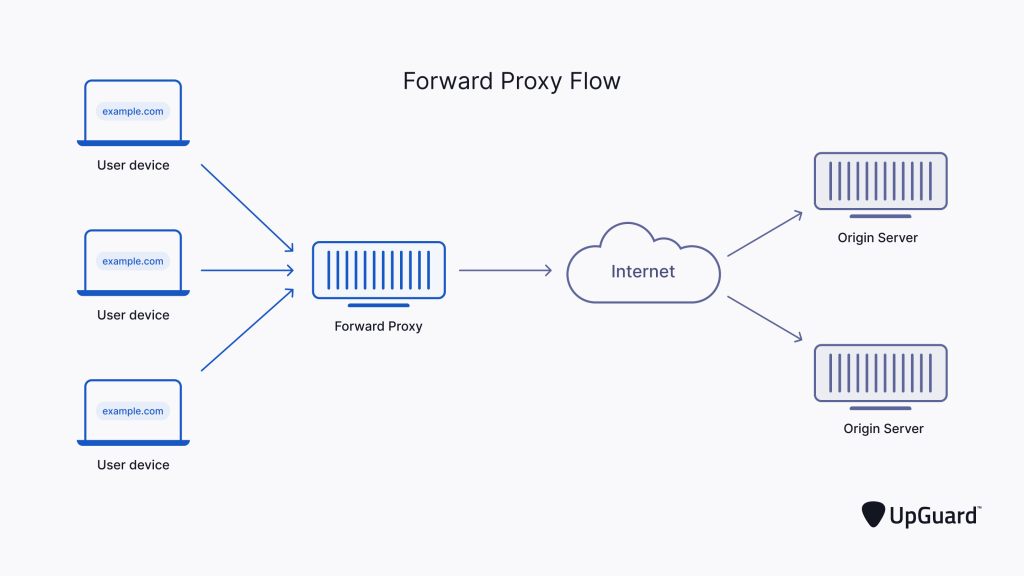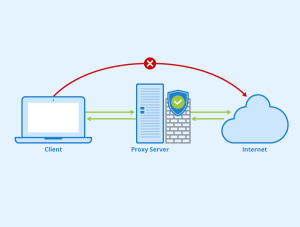Introduction:
A proxy acts as a bridge between users and the wider internet, enhancing security, privacy, and access control. In this article, we’ll explore various types of proxies, their primary functions, and the key advantages they offer for both individuals and organizations.

-
What is a Proxy Server?
-
Definition and function: A proxy is an intermediary server that processes requests from a client seeking resources from another server.
-
How It Works: Instead of connecting directly, the user’s requests are routed through the proxy, which interacts with the destination site on the user’s behalf.
-
-
Types of Proxy Servers
-
HTTP Proxy: Used for web browsing.
-
SOCKS Proxy: Versatile for various types of traffic.
-
Transparent Proxy: Doesn’t hide your IP address, used in corporate settings.
-
Anonymous Proxy: Offers privacy but can be identified.
-
Elite Proxy: Provides the highest anonymity.
-
-
Uses of Proxy Servers
-
Privacy Protection: Hiding your IP address.
-
Security: Protecting against cyber threats.
-
Bypassing Geo-restrictions: Accessing blocked content.
-
Improving Speed: Caching frequently accessed websites.
-
-
Benefits of Using Proxy Servers
-
Enhanced privacy
-
Access to restricted websites
-
Reduced bandwidth usage
-
Conclusion:
Proxy servers are a vital tool for individuals and businesses looking to improve their online security, privacy, and browsing experience. Understanding the different types of proxies and their uses can help in choosing the right one for specific needs.


